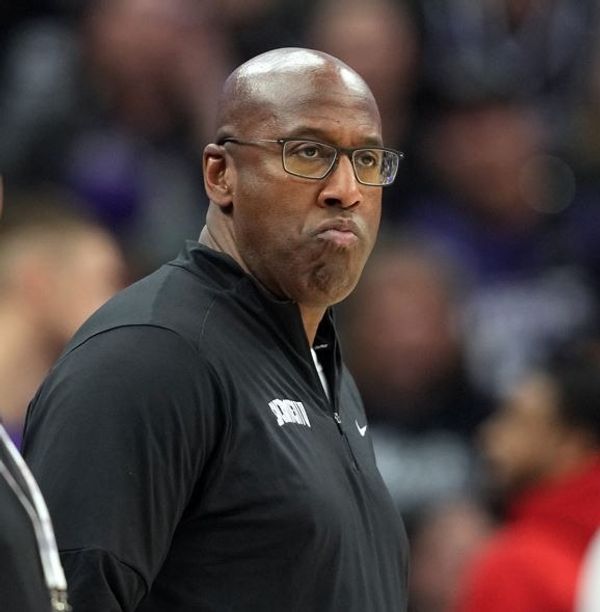
Anyone like annual performance reviews? Me neither.
When Gallup asked employees if performance reviews were helpful, less than 15% strongly agreed that they inspire them to improve. No wonder some companies are going a different route.
Take Lexmark, the veteran maker of laser printers and imaging products. Back in 2009, it changed its performance management system by ditching employee ratings that included an annual performance review.
That move comes back to trust, says senior VP and chief people officer Tonya Jackson, who’s been with the privately held company since it launched in 1991. Lexmark decided that its ratings-based system wasn’t effective at driving real conversations about what employees, managers, and teams could do together to move forward, Jackson explains.
The old performance system was backward-looking, she tells me from Lexington, Ky.: “‘This is what worked, what didn’t work,’ and those kinds of things.”
So HR put together a team to figure out how to drive and measure performance, says Jackson, who’s held several other management roles at Lexmark, most recently chief product delivery officer. “The biggest thing that they landed on was: Open, honest discussions build trust.”
Today, Lexmark’s performance management for its 7,200 team members is based on constant and informal feedback.
This approach is decidedly forward-looking. At the start of each year, each employee and their manager settle on two or three performance management goals tied to the company’s strategy, Jackson says.
“We focus on the things that are going to move the business forward,” she adds. “And then that’s what those conversations are about throughout the year.”
Informal feedback includes regularly scheduled one-on-one meetings between employee and manager, Jackson says, plus any other conversations that arise. Staff can also formally request feedback from their peers or from someone outside the company. And midway through the performance cycle, the manager and employee check in to chat about progress.
There’s also a strong talent development angle. “We really are trying, in that feedback process, to talk about what can you do better and how can we all get better,” Jackson says. Part of that is identifying experiences that will help the employee grow.
“So it’s a little bit of a blend of performance and career development,” Jackson says. “If it’s done well, your performance will lead to where you’re going in your career.”
Trust between employee and manager flows from their frequent exchanges, Jackson maintains. “It’s not this once-a-year thing where you meet somebody and everybody dreads it,” she says. “The manager is coming from a place of care because he or she is saying, ‘I’m caring enough about your career, your development, to have these conversations.’”
One criticism of dispensing with employee ratings is that without a number, it’s tough to decide if someone deserves a raise or a promotion. But as Jackson points out, besides performance, the factors that determine compensation include benchmarking, the company’s current needs, and employee behavior.
“Performance is one thing, and then the behavior in achieving that performance is another thing,” she says. “That’s where I think our system is strong.”
At Lexmark, feedback is also a two-way street. Every year, through an outside firm, it does a global employee engagement survey that lets people weigh in on their manager. The company also has an open-door policy at all levels, Jackson says.
No matter how it measures employee performance, a company should clearly state its values and link performance to them as well as to strategy, she suggests. “If you break a lot of glass along the way, and at the end of the day, you achieve something but nobody’s following you, nobody wants to work with you, that’s not a great performance.”
It’s about “making sure that you are rewarding people for the right behavior,” Jackson says. “Other people will notice who gets rewarded, and they’re looking at both what they actually delivered and how they delivered it.”
Someone should print that.
Nick Rockel
nick.rockel@consultant.fortune.com







